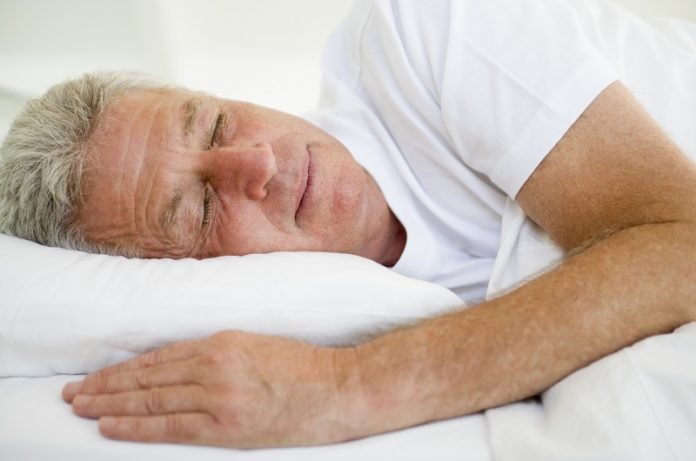Rumour: Using light therapy, Parkinson’s disease patients are able to get a better night’s sleep
Fact: This is true.
Parkinson’s disease, although commonly characterized by symptoms like tremors or slurred speech, is also commonly associated with sleep disorders; in fact, up to ninety percent of Parkinson’s patients suffer from sleep disorders. Due to sudden, jerky movements, or intense nightmares caused by their dopamine medications, Parkinson’s patients often have troubles staying asleep and struggle to stay awake during the day.
In a recent study conducted by researchers at Northwestern and Rush Universities, it was determined that light therapy was able to reset Parkinson’s patients’ circadian rhythms and reduce sleep disturbances. Parkinson’s patients participating in the study were either exposed to no light therapy or to bright and infrared light therapy at specific intervals over two weeks. It was found that patients exposed to the light therapy experienced a significant reduction in daytime sleepiness in comparison to the group of patients that received no light therapy. Read more about the benefits of light therapy in Parkinson’s disease here.



